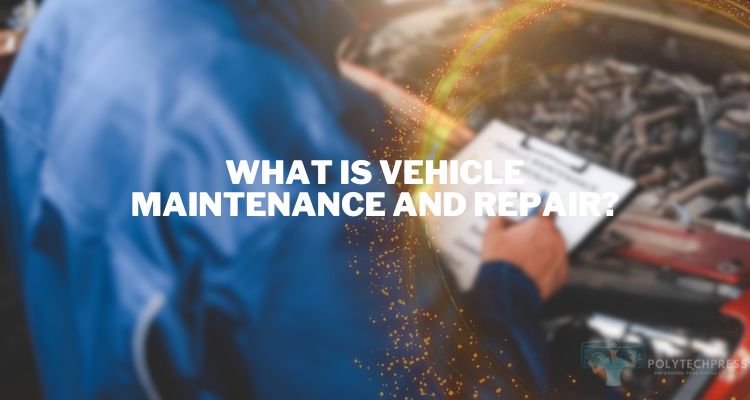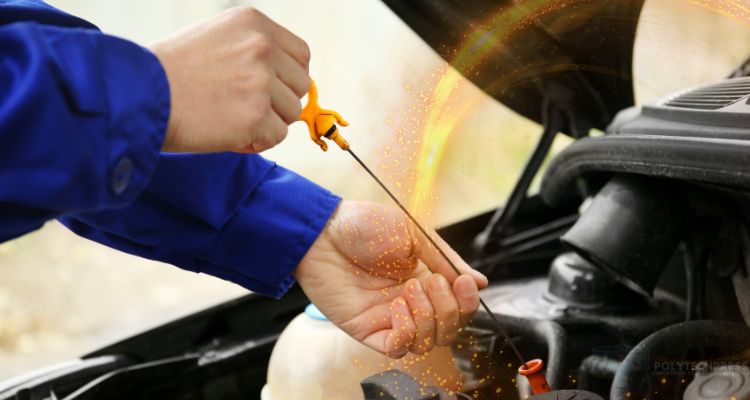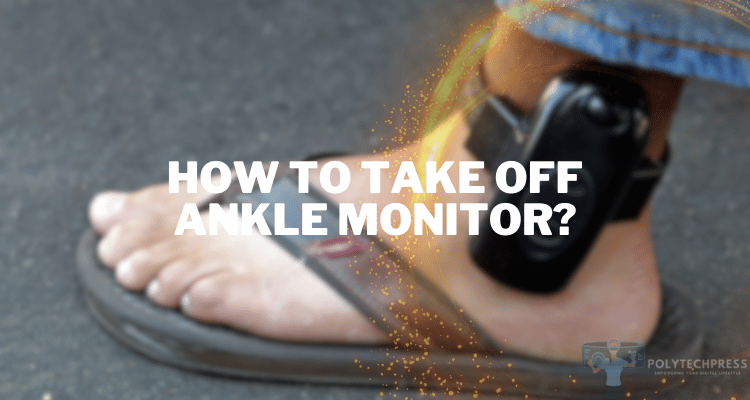What Is Vehicle Maintenance and Repair?
Did you know that regularly maintaining your vehicle can increase its lifespan by up to 50%? Regular maintenance and timely repairs are key to keeping your vehicle running smoothly and safely.
Vehicle maintenance involves routine services and inspections to keep a vehicle in optimal working condition, while vehicle repair focuses on fixing issues that arise due to wear and tear or damage.
Understanding vehicle maintenance and repair is crucial for every vehicle owner. Proper maintenance prevents breakdowns, ensures safety, improves performance, and saves money in the long run by avoiding costly repairs.
What Is Vehicle Maintenance?

Vehicle maintenance refers to the routine checks, services, and procedures performed on a vehicle to ensure it operates efficiently and safely.
Types of Maintenance
- Preventive Maintenance: Actions taken to prevent potential problems.
- Scheduled Maintenance: Manufacturer-recommended services at specific intervals.
- Routine Maintenance: Regular checks and minor services to maintain vehicle performance.
Common Maintenance Tasks
| Description | Reglament | |
| Oil Changes | Essential for lubricating engine components and reducing wear. | Every 3,000 to 5,000 miles. |
| Tire Rotations | Ensures even tire wear and extends tire life. | Every 6,000 to 8,000 miles. |
| Brake Inspections | Crucial for safety, ensuring brakes function properly. | At least twice a year. |
| Fluid Checks and Refills | Includes coolant, brake fluid, transmission fluid, and more. | Every 3,000 to 5,000 miles. |
| Battery Tests | Ensures the battery is holding a charge and functioning correctly. | Annually. |
| Filter Replacements | Includes air, oil, and fuel filters to maintain efficiency. | According to manufacturer recommendations. |
Well-maintained vehicles are less likely to experience dangerous malfunctions. Regular maintenance keeps your vehicle running at its best. Properly maintained vehicles use fuel more efficiently. Regular care extends the life of your vehicle.
What Is Vehicle Repair?
Vehicle repair involves fixing or replacing parts that are damaged or not functioning correctly.
Types of Repairs
- Minor Repairs: Small fixes like replacing light bulbs or fuses.
- Major Repairs: Extensive work like engine or transmission rebuilds.
Common Repair Tasks
| Engine Repairs | Fixing issues like misfires, overheating, or oil leaks. |
| Transmission Repairs | Addressing problems with shifting, slipping, or fluid leaks. |
| Brake Repairs | Replacing pads, rotors, or fixing hydraulic issues. |
| Electrical System Repairs | Fixing wiring, alternator, or battery issues. |
| Suspension Repairs | Replacing shocks, struts, or other suspension components. |
- Unusual Noises: Clunking, grinding, or squealing sounds.
- Warning Lights: Check engine, ABS, or other dashboard lights.
- Decreased Performance: Sluggish acceleration or poor handling.
- Strange Smells: Burning, fuel, or coolant odors.
- Fluid Leaks: Puddles of oil, coolant, or other fluids under the vehicle.
Vehicle Maintenance vs. Repair
Understanding what vehicle maintenance and repair entail helps you differentiate between the two:
- Maintenance is proactive, while repair is reactive.
- Maintenance is generally less expensive than repairs.
- Maintenance occurs regularly, while repairs are as-needed.
DIY vs. Professional Services

Some maintenance tasks can be done at home, such as checking fluid levels or changing air filters. However, complex repairs often require professional expertise. When performing DIY maintenance, it’s crucial to use high-quality components and parts. Stores like Klifex https://klifex.com/ offer reliable products for your vehicle needs.
Professional services are recommended for tasks requiring specialized tools or knowledge. Choose a reputable mechanic or service center for best results.
Cost of Vehicle Maintenance and Repair
The cost of what vehicle maintenance and repair involve varies widely:
- Routine maintenance might cost $50-$200 per service.
- Major repairs can range from $500 to several thousand dollars.
Factors affecting costs include vehicle type, issue severity, and location. Regular maintenance can help avoid costly repairs down the line. When repairs are necessary, compare quotes and use quality parts from trusted stores like Klifex to ensure longevity.
Tips for Effective Vehicle Maintenance and Repair
Proper maintenance and timely repairs are crucial for vehicle safety and performance. Here are essential tips to keep your vehicle in top condition.
Creating a Maintenance Schedule
- Using Manufacturer Guidelines: Follow the vehicle’s manual.
- Digital Tools and Apps: Use apps to track maintenance and schedule reminders.
Keeping Records
- Importance of Documentation: Keep a log of all maintenance and repairs.
- What to Record: Dates, services performed, parts used, and mileage.
Understanding Your Vehicle
- Reading the Owner’s Manual: Familiarize yourself with your vehicle’s requirements.
- Knowing Basic Vehicle Functions: Understand how your vehicle works to spot issues early.
The Bottom Line
Regular vehicle maintenance and timely repairs are essential for safety, performance, and longevity. Understanding the differences between maintenance and repair helps you stay proactive and save money.
Stay proactive about vehicle maintenance and seek professional help when needed to keep your vehicle running smoothly.
Maintaining and repairing your vehicle regularly not only ensures a smooth ride but also extends the life of your investment. Prioritize your vehicle’s care for a safer and more reliable driving experience.






